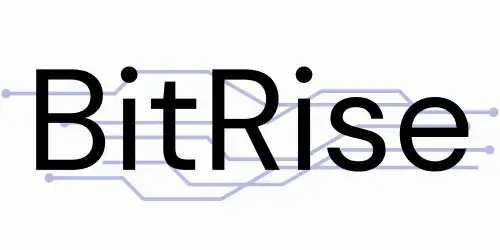The integration of external tools into language models (LM) marks a decisive advance in the creation of flexible digital assistants. This integration enhances the functionality of the models and pushes them closer to the vision of general purpose artificial intelligence. This ambition faces a significant challenge: the rapid evolution of tools and APIs requires LMs to quickly adapt to new tools and parameter updates without extensive retraining or human intervention.
A key obstacle in this effort is the ability of models to generalize their ability to use tools to new, unseen tools based on limited examples. Traditional methods have made strides in incorporating specific tools into LMs through detailing real or synthetic examples. However, these models must improve when applying the skills learned to new tools, which are often limited by the limited environmental window of the models and the vast variety of tools.
A collaborative research team from Meta and the University of California, San Diego introduces ToolVerifier, a new self-verification method to improve tool selection and parameterization in LMs. ToolVerifier meticulously distinguishes between closely related tools and adjusts parameter choices by asking contrast questions, ensuring a more accurate and informed tool implementation.
The methodology behind ToolVerifier unfolds in two main stages: tool selection and parameter generation. First, given a user instruction, the model browses a library of tools to locate the most appropriate ones for the task at hand. It then creates the necessary parameters to effectively perform the operation of the selected tool. ToolVerifier’s innovative use of self-generated verification questions at each stage sets it apart. This sharpens the decision-making process by narrowly limiting competing options, reducing the potential for error propagation.
This approach has been rigorously tested in the ToolBench benchmark, which includes a variety of real-life tools embedded in four distinct tasks: Weather, Cat, Home, and Booking. ToolVerifier shows a marked improvement over traditional few-shot baselines, showing an average 22% boost in performance on tasks involving 17 non-obvious tools. The self-verification mechanism alone represents an 8% improvement, highlighting its effectiveness in improving tool usage by LMs.
Some key insights from the survey include:
- Decomposing tool call generation into selection and parameterization phases greatly improves the model’s ability to handle invisible tools, demonstrating the potential of LLMs to act as more flexible and adaptable helpers.
- The curated synthetic dataset for training, including various tool descriptions and user instructions, plays a key role in enabling the model to distinguish the appropriate tool from a set of candidates.
- By generating and answering contrast questions, the self-verification method effectively minimizes errors in both tool selection and parameterization, highlighting a promising direction to enhance the robustness of LMs in practical applications.
Essentially, ToolVerifier advances the integration of tools into LM and opens new avenues for building AI assistants that can navigate the ever-expanding toolkit of the digital age with unprecedented agility and precision. This research paves the way for future explorations into the generalization capabilities of LMs, promising a horizon where AI can adaptively leverage a vast array of digital tools to perform multiple tasks, moving closer to the ideal of a truly general assistant.
check it Paper. All credit for this research goes to the researchers of this project. Also, don’t forget to follow us Twitter and Google news. Participation Our 37k+ ML SubReddit, 41k+ Facebook Community, Discord Channeland LinkedIn Groops.
If you like our work, you will love our work newsletter..
Don’t forget to join us Telegram channel
You might also like ours FREE AI Courses….
![]()
Hello, my name is Adnan Hassan. I am a consultant intern at Marktechpost and soon to be a management trainee at American Express. I am currently pursuing dual degree at Indian Institute of Technology, Kharagpur. I am passionate about technology and want to create new products that make a difference.





0 Comments
Trackbacks/Pingbacks